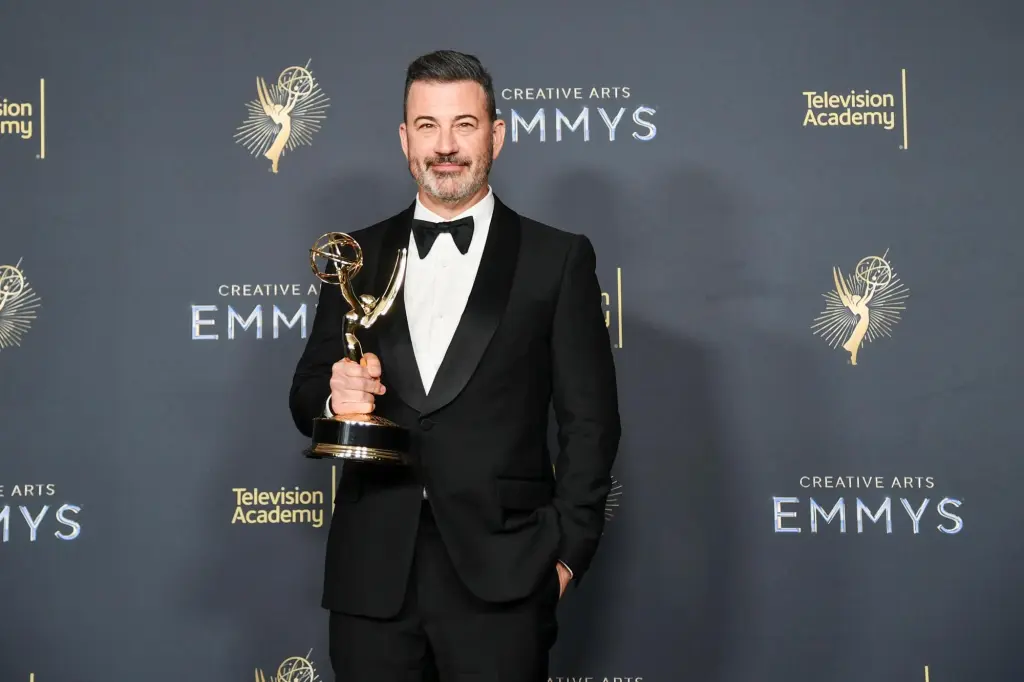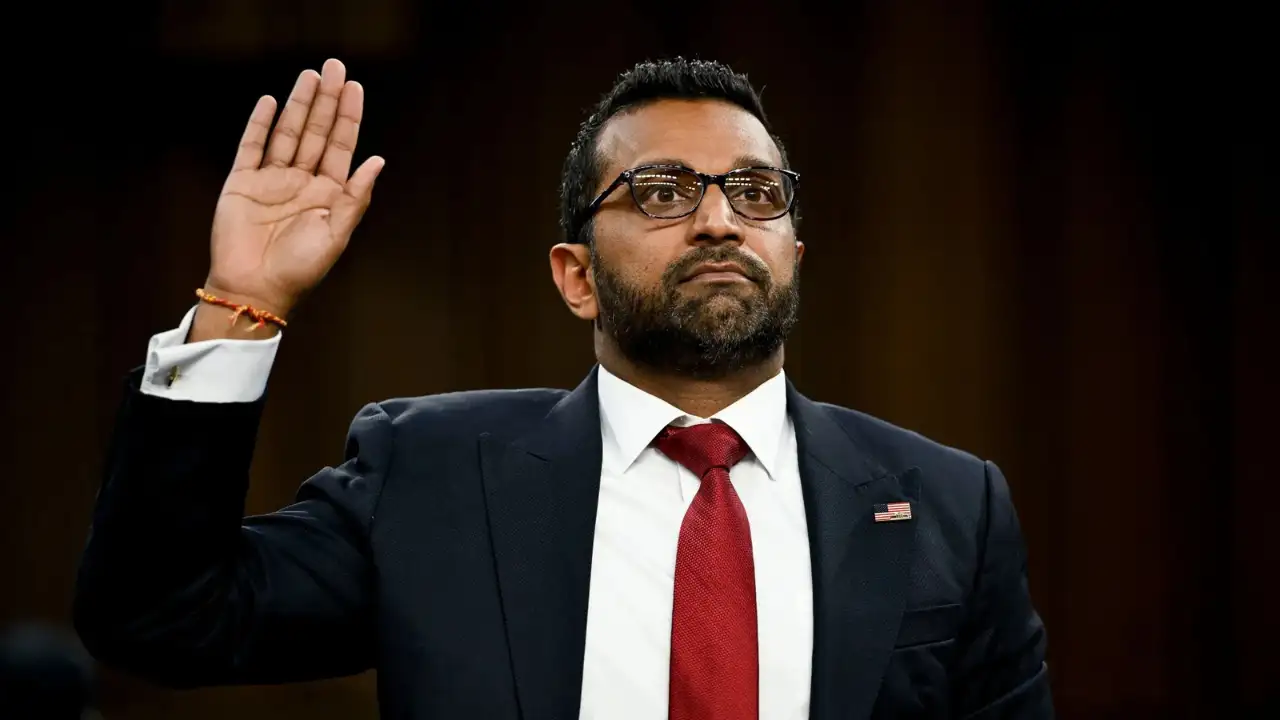
ABC’s decision to pull Jimmy Kimmel off the air has ignited a firestorm across the political spectrum. For critics of Kimmel, especially those on the right, the move is seen as overdue accountability for a comedian who blurred satire with misinformation. On the other side, Kimmel’s defenders argue that the network’s response was disproportionate, chilling free expression and punishing a voice known for challenging extremism. To them, the decision feels less like a correction and more like a capitulation.
To unpack this issue with clarity, we must first acknowledge that the comment Kimmel made about the alleged Charlie Kirk assassin being “MAGA” and “one of them” was factually inaccurate. According to authorities, the suspect, Tyler Robinson, had drifted toward an extreme leftist worldview in recent years. Bullet casings found at the scene were engraved with anti-fascist slogans and references to trans rights. Far from being a MAGA adherent, Robinson appears to have viewed Kirk as emblematic of the kind of “hate” he could no longer tolerate.
Kimmel’s comment served one purpose, whether intended or not: to deepen the divisions already fracturing our national discourse. He is not an elected official, nor a policy expert. He is a comedian — a performer whose job is to deliver a product that resonates with his audience. When someone in that position uses national airwaves to misrepresent facts about a political assassination, the consequences ripple far beyond late-night ratings.
But beneath the political controversy lies a simpler, colder truth: This was a business decision. Late-night television comedy, once a cultural cornerstone, is now a shrinking asset in the age of streaming and algorithm-driven entertainment. The audience that once tuned in religiously to nightly monologues has fragmented across platforms, chasing niche content and on-demand gratification.
ABC, like every legacy network, is under pressure to cut costs and reallocate resources toward more scalable, profitable formats. Maintaining a nightly show like Kimmel’s — with its production overhead, writing staff and studio infrastructure — is increasingly hard to justify. Pulling the plug may have been framed as a response to controversy, but it also conveniently aligns with the economic reality: Late-night is dying, and Kimmel’s misstep offered a timely exit.
There is, however, a tinge of hypocrisy in the chorus demanding Kimmel’s removal, many of whom have long decried cancel culture as a threat to free expression. But this isn’t a college student losing an internship over a tweet, or an employee being fired for voicing a political opinion at work. This is a nationally syndicated broadcaster delivering a factual inaccuracy over regulated airwaves, in the wake of a political assassination.
The scale and reach matter. Kimmel’s comment wasn’t a personal belief shared in a private setting; it was a misstatement amplified to millions, shaping public perception in real time. Accountability at that level isn’t always pure censorship — sometimes, it’s a necessary check on the power of mass media to distort reality under the guise of entertainment.
If there’s a lasting lesson in the fallout from Kimmel’s removal, it may be this: The government’s grip on over-the-air broadcasting deserves renewed scrutiny. Many have objected to the role of the FCC chairman in this situation, questioning whether political pressure influenced ABC’s decision. While cable and streaming platforms operate with relative freedom, traditional broadcasters remain tethered to federal oversight — a legacy framework that feels increasingly out of step with the fragmented media landscape.
When satire, commentary and news all converge on the same stage, the boundaries of regulation grow murky. Perhaps it’s time for Washington to take its foot off the neck of broadcast television and let audiences, not bureaucrats, decide what voices deserve to be heard.



